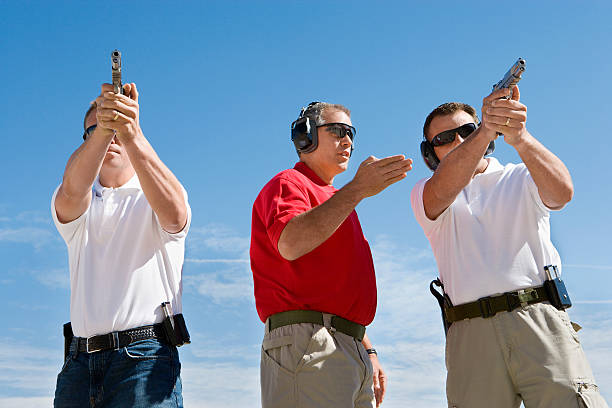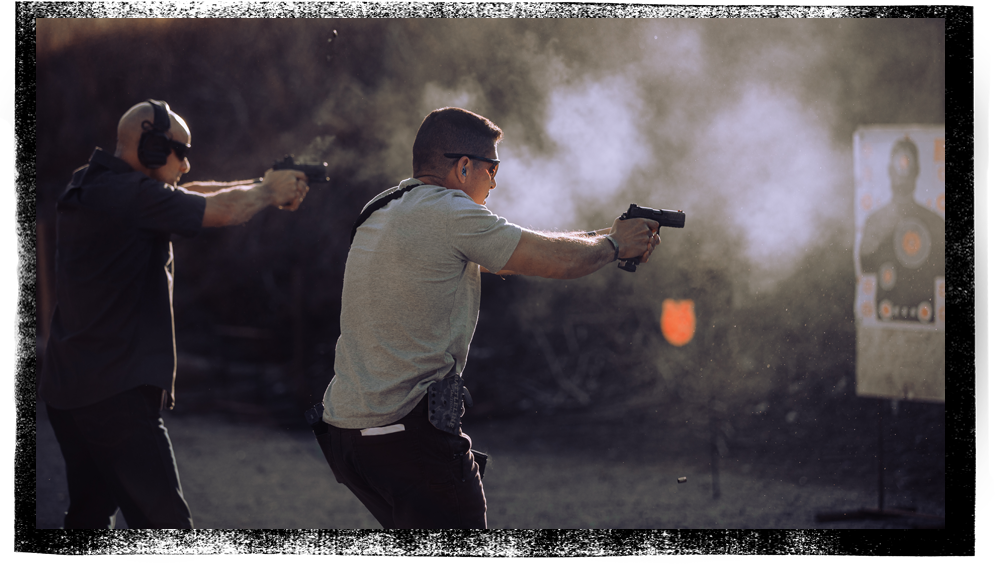In today’s complex world, where security concerns are increasingly prevalent, firearms holders in the USA are seeking effective strategies to safeguard their families. This guide provides insights into enhancing your home security, understanding legal frameworks, and fostering community vigilance, all while navigating the ethical considerations of firearm ownership.
Understanding the Context
-
Awareness of Local Trends: Stay informed about local crime statistics and trends. This isn’t about profiling but understanding where crime rates might be influenced by various factors, including demographic shifts.

-
Community Engagement: Participate in or support community watch programs. These initiatives can provide real-time information about suspicious activities, enhancing collective security.
Legal and Ethical Considerations
- Know Your Rights and Laws: Familiarize yourself with state and federal firearm laws. Knowing when and how you can legally use your firearm is crucial for responsible ownership.
- Ethical Use: Always consider the ethical implications of using lethal force. Firearms should be a tool for protection, not confrontation.

Home Security Measures
- Secure Storage: S Ensure your firearms are stored securely to prevent theft and unauthorized access. This is not just about safety but also about preventing misuse.
- Home Defense Strategy: Consider having a long gun for home defense due to its effectiveness at close range. However, ensure all family members are trained in its use.

-
Alarm Systems and Cameras: Invest in home security systems. From DIY setups to professional installations, these can deter potential intruders and provide evidence if needed.
Personal Preparedness
- Training: Regularly participate in training sessions that cover firearm handling, self-defense, and situational awareness. Training should be ongoing to maintain proficiency.
- Mental Preparedness: Develop family emergency plans. Discuss scenarios like home invasions to ensure everyone knows what to do, enhancing mental readiness.

Community and Legal Support
Support Law Enforcement: E3 members often have a good rapport with local law enforcement, providing insights into local crime patterns and fostering community policing initiatives.
Legal Assistance: Being part of E3 means access to advice or referrals for legal counsel who understand firearm laws, crucial in case of an incident.
Staying Alert
Situational Awareness: E3 Firearms community posts often remind members to stay observant, especially in areas known for higher crime rates. This vigilance is about being proactive rather than paranoid.
Use Technology: The community shares apps or platforms for real-time crime data or community alerts, enhancing personal safety through shared information.
Cultural Sensitivity and Integration
Community Integration: E3 encourages engagement in community activities that promote integration and understanding between residents and new migrants, fostering safer neighborhoods.
Avoid Profiling: While vigilance is necessary, E3 members are reminded to avoid racial or ethnic profiling, promoting a balanced approach to community safety.

